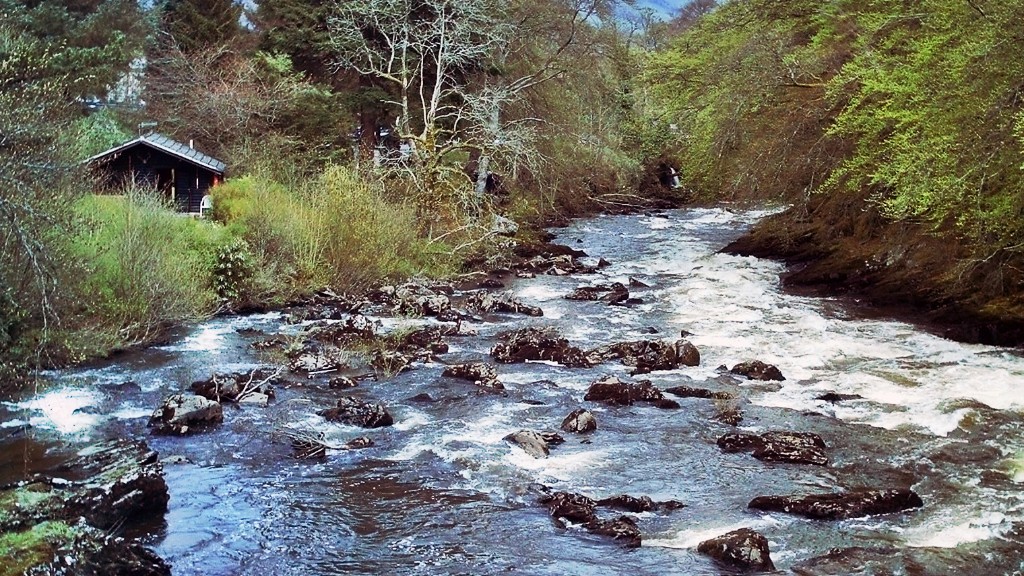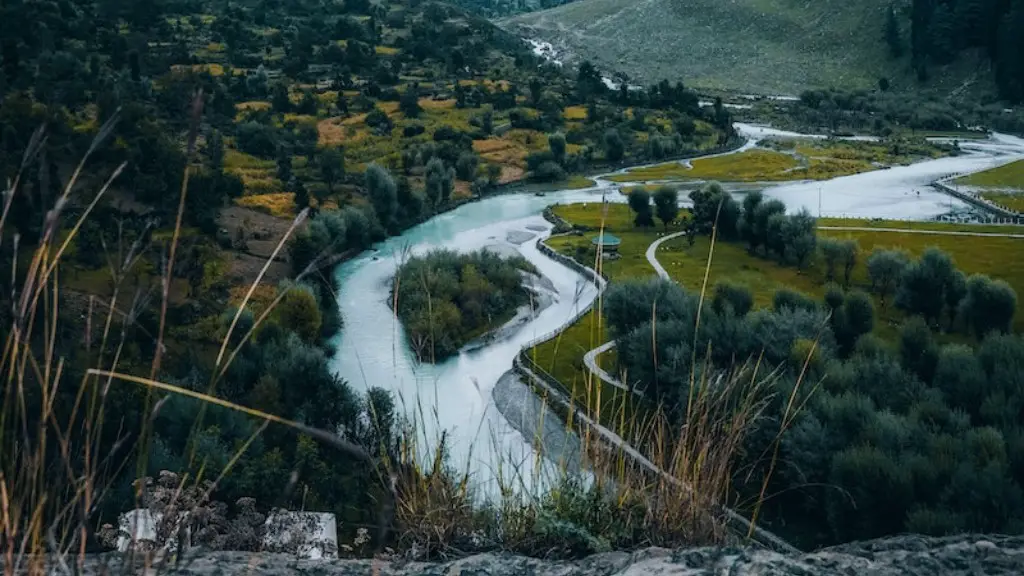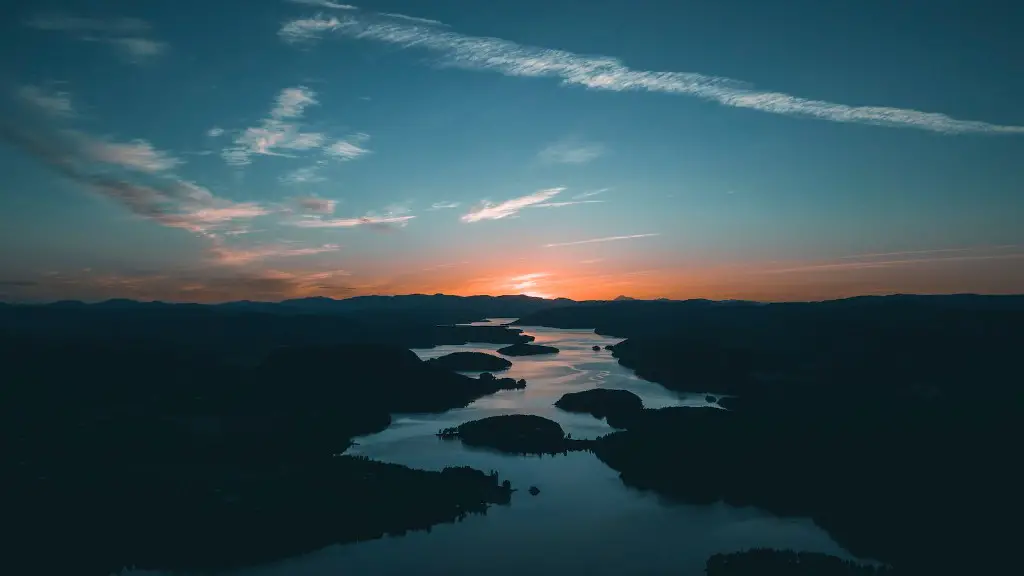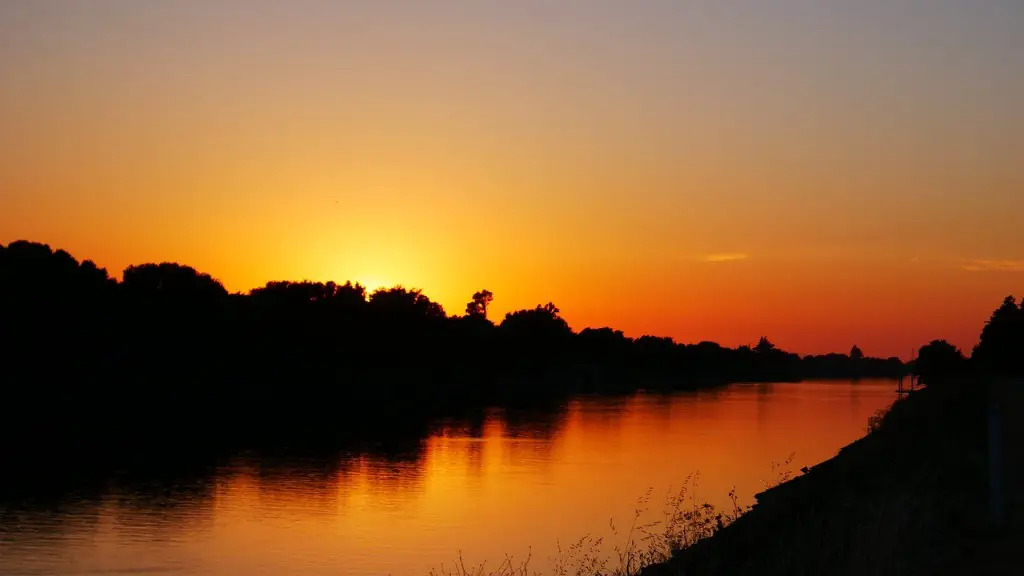A Changing Landscape
The Mississippi River Delta is undergoing a major transformation. Far from its traditional role as a natural resource, it is now a contested space. The Delta’s waters are increasingly polluted, its shoreline is eroding, and its wetlands are disappearing. But far from a static landscape, the Delta is evolving. Local residents, businesses, and organizations are leading the charge in modifying the Delta in order to restore its natural beauty and value.
At the center of these changes are the numerous efforts to modify the Delta’s ecology and infrastructure. The Mississippi River Delta is a complex and dynamic mix of landscapes, and its ecosystems are interconnected. Understanding the wide range of changes that have to be made to the Delta is important in order to ensure its future health.
Encroachment on Wetlands
One of the major changes being made to the Delta is the encroachment of its wetlands. Agreements between the state of Mississippi and federal agencies, such as the Army Corps of Engineers, have resulted in the creation of dozens of new wetlands. These wetlands are helping to restore balance to the Delta’s ecosystems by breaking down pollutants and providing areas for habitat.
In addition to the new wetlands, some of the existing wetlands are being modified in order to improve their ecological function. For example, wetlands are being altered to create habitat for the Delta’s fish and wildlife. This includes the reconfiguration of stream banks to provide access to spawning habitat, the reintroduction of native plants, and the reintroduction of native fish species.
Ecosystem Restoration
Ecosystem restoration is a key component of the Delta’s transformation. Working toward restoring the Delta’s natural balance has been an ongoing effort in recent years. This has involved efforts to reduce pollution and improve water quality, as well as reintroducing native species and habitats. In addition, local organizations have been working to restore the Delta’s wetlands by removing invasive species and introducing native plants.
These efforts have had positive impacts on the Delta’s health. For example, water quality has improved, and aquatic habitats have become more diverse. In addition, the number of threatened and endangered species living in the Delta has increased. However, there is still much work to be done.
Infrastructure Projects
The Delta’s infrastructure is also being modified to meet the demands of a changing landscape. A number of projects are underway to expand the Delta’s roads, ports, and railways, as well as to create new ports and reservoirs. These projects are part of a larger effort to ensure the economic viability of the region.
In addition to these projects, there are also efforts to improve access to the Delta. This includes both physical improvements such as the construction of bridges and levees, as well as technological improvements such as better flood protection. All of these efforts are aimed at ensuring the safety and wellbeing of local residents, as well as creating more opportunities for the Delta’s residents and businesses.
Economic Development
Economic development is a major focus of the Delta’s transformation. Efforts are underway to create jobs, improve education, and attract new businesses. In addition, there are programs to help local communities take advantage of the Delta’s natural resources. This includes a range of initiatives, such as grants for small businesses and programs to promote ecotourism.
These efforts have paid off. The Delta’s economy is growing, and the region is becoming an attractive destination for businesses and tourists alike. The Mississippi River Delta is becoming a vibrant and innovative space, with new opportunities for the local population and plenty of potential for the future.
Conclusion
The Mississippi River Delta is in a constant state of change. Local residents, businesses, and organizations are leading the way in transforming the Delta, through both physical and economic improvements. By restoring its ecosystems and infrastructure, the Delta is being prepared for the challenges of the future and positioned to become a vibrant and attractive space for both businesses and visitors.



